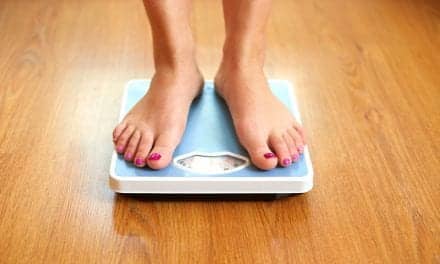In conjunction with National Sleep Awareness Week (March 12-18) and World Sleep Day (March 17), ResMed announced the results of its 2023 Global Sleep Survey, revealing differences in quantity and quality of sleep based on location, gender, and age.
The survey asked more than 20,000 respondents from 12 countries during January 2023 about the quantity and quality of their sleep, bedtime routines, and sleep habits. Here’s a look at some of the key findings:
- Respondents from India (84%), Mexico (69%), and China (66%) are most satisfied with their quantity of sleep, while those in Australia (47%), Japan (46%), and the UK (45%) are the least satisfied with the quantity of their sleep.
- Eight in 10 respondents reported one or more symptoms of sleep disruption related to sleep quality; Mexico (87%), France (87%), and South Korea (85%) had the highest rates of reported symptoms, while Japan (60%) had the lowest.
- 60% of women report being satisfied with their quantity of sleep, compared to 68% of men and 65% of nonbinary respondents. Women (83%) and nonbinary (94%) respondents were more likely to say they have at least one symptom of poor sleep compared to men (79%).
- 52% of women report regularly waking up with a negative feeling in the morning (e.g. cranky, anxious, miserable), with 26% saying they’re still tired. Conversely, 58% of men report they are more likely to wake up feeling positive (e.g. happy, refreshed, calm, energetic).
- 43% of Gen Xers and Boomers and 49% of the Silent Generation report that they aren’t satisfied with the quality of their sleep, compared to only 37% of Millennials and 31% of Gen Zers.
- Despite a majority of survey respondents reporting they wake up with symptoms of poor sleep quality, 33% of respondents have not been tested for sleep apnea or sought medical help for other sleep conditions because they do not believe they have sleep-related medical conditions. Additionally, 49% of respondents said their doctor has never asked them proactively about their sleep quality.
The survey also found that despite 64% of respondents saying they are satisfied with the quantity of their sleep, more than 80% report experiencing symptoms of disruption related to their sleep quality, with consumers most commonly reporting mood changes, such as depression or irritability (33%), waking up with a dry mouth or sore throat (30%), difficulty concentrating during the day (30%), and excessive daytime sleepiness (29%).
“Prioritizing sleep is one of the most effective ways to improve your health, and poor sleep can increase the risk of diabetes, obesity, heart disease, and depression,” says Carlos M. Nunez, MD, ResMed chief medical officer, in a press release. “It’s critical to have an honest discussion with your healthcare provider about your sleep habits and seek help if you’re experiencing patterns or symptoms of poor sleep as it could point to a more concerning health issue or sleep disorder such as sleep apnea.”
What’s Keeping People Up at Night
Additional findings of ResMed’s 2023 Global Sleep Survey address what’s keeping people up at night and how people use technology to improve sleep. Findings include:
- Amidst global reports of potential economic instability, anxiety/depression (33%) and work-related concerns (33%) are the two most-cited reasons for keeping people up at night, an increase compared to a similar question asked in 2022 (29% and 22%, respectively).
- Anxiety/depression was most commonly reported as the reason keeping people up at night in Brazil (46%), the US (45%), Australia (42%), and the UK (42%) and least reported in Japan (24%), India (22%), and Germany (21%).
- Among consumers whose sleep has gotten worse over the past year, nearly one-third say financial pressures have caused the decline in their sleep quality (32%), with those in the US (41%), Mexico (39%), and India (37%) reporting the highest impact.
- 43% of Millennials report using a sleep tracker to keep records of their sleep patterns and quality of sleep, higher than Gen Z (35%), Gen X (28%), Boomers (15%), and the Silent Generation (7%).
Photo 114743342 © Rawpixelimages | Dreamstime.com



